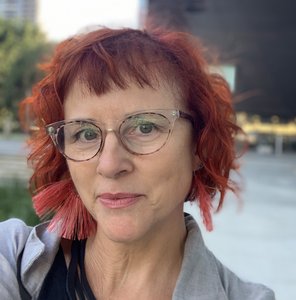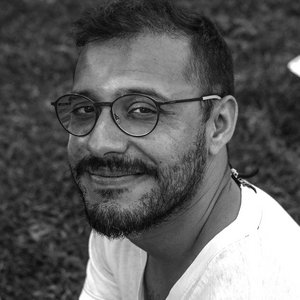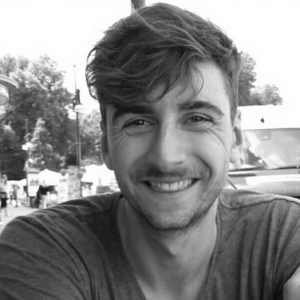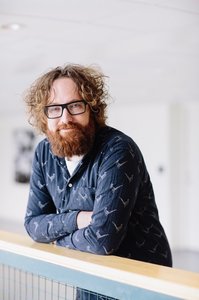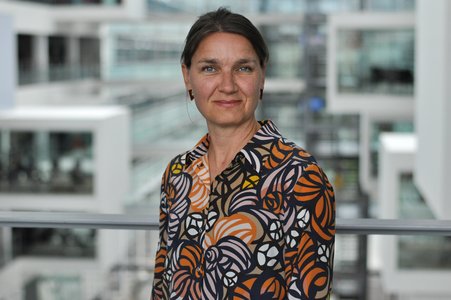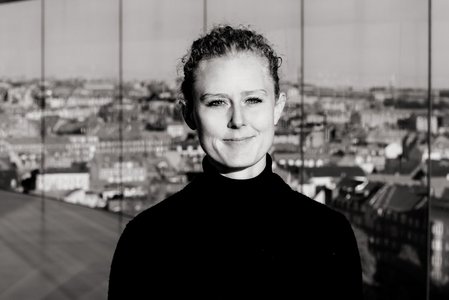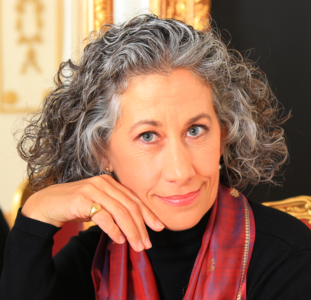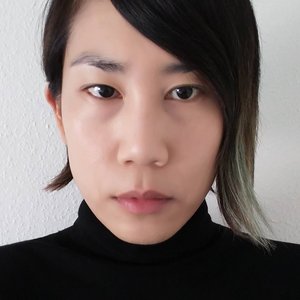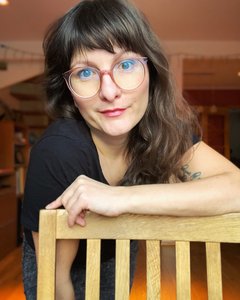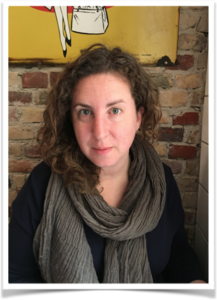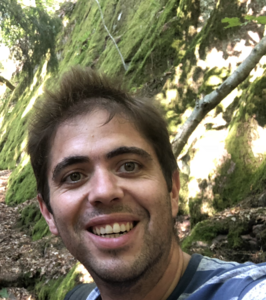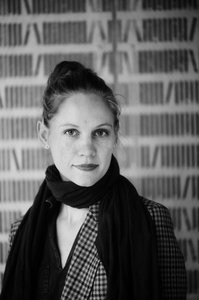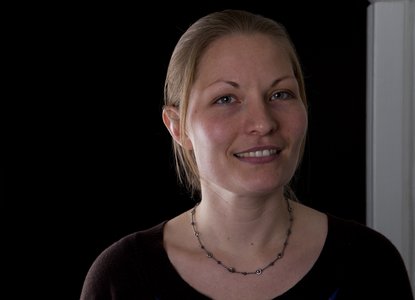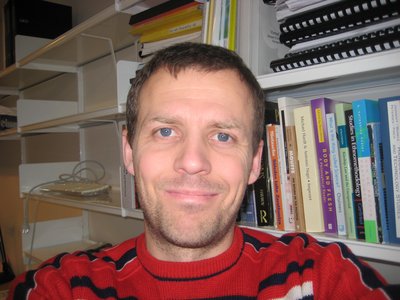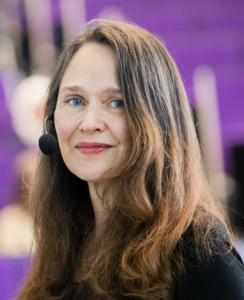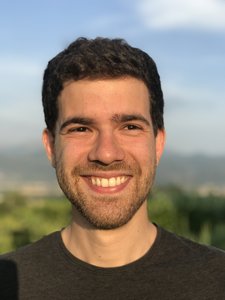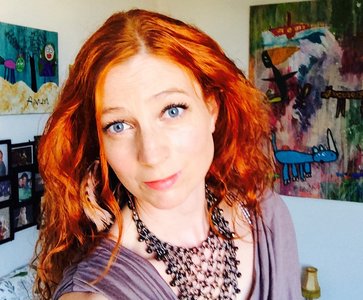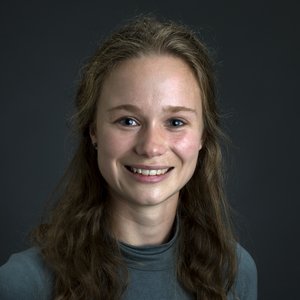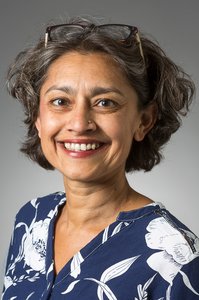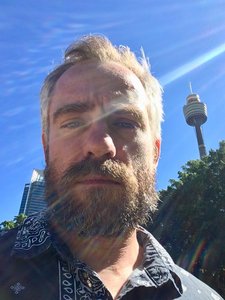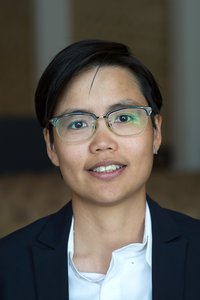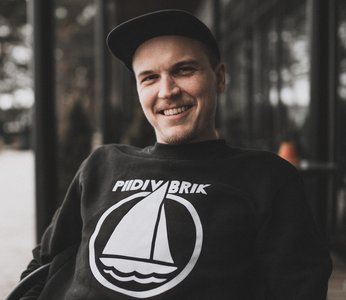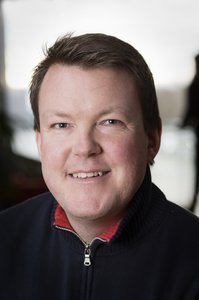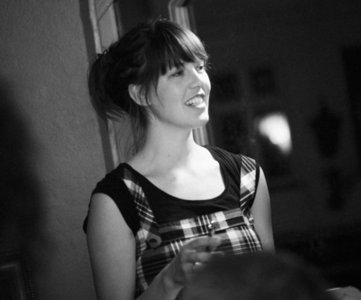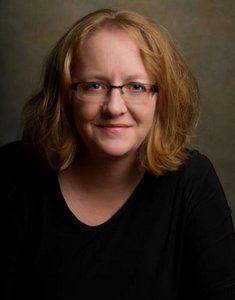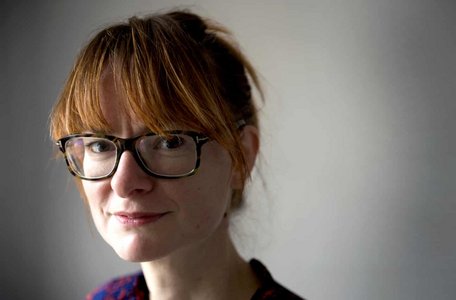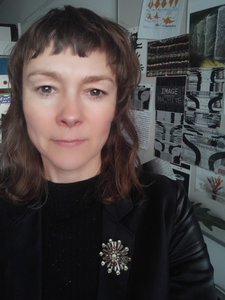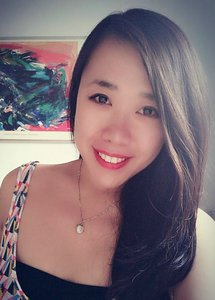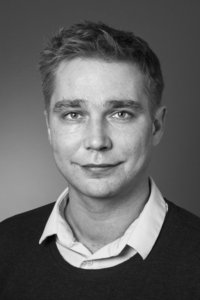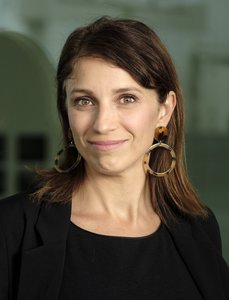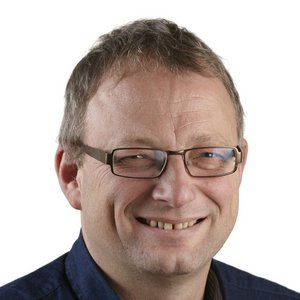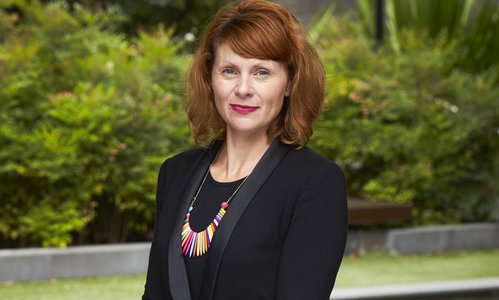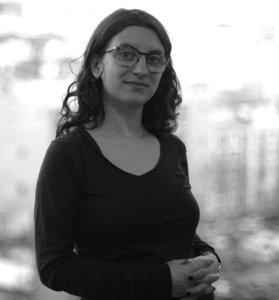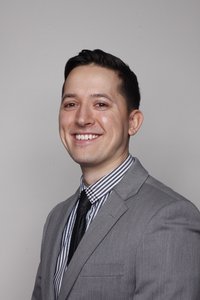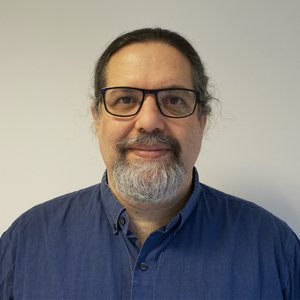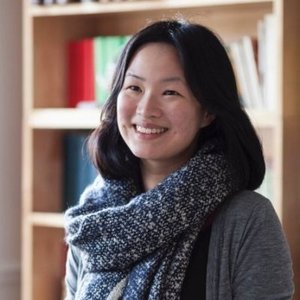Dalida María Benfield (Panama/USA/Finland) is an artist and writer and the Co-Founder and Director of Research and Programs at the Center for Arts, Design, and Social Research. The Center, founded in 2016, is an international non-profit institute that intersects the arts, design, technology, and transdisciplinary research across the sciences, humanities, and social justice.
The Center's programs include residencies (Italy, Mexico and other locations), an annual research fellows program, working groups, exhibitions, publications, and public art education events, globally. Dalida's work also includes producing videos, installations, archives, artists’ books, workshops, and other interventions across online and in person platforms and diverse spaces, and often, collectively.
Her writings engage the politics and pedagogies of global information flows as they intersect with social and economic inequality and constructions of gender, race, and nation; global Latinx media; the geo-politics of digital media art; iterations of "media justice"; popular media education as a praxis of unschooling; decolonial and feminist aesthetics; and transnational feminist cultural production and social critique. She is the co-founder of numerous autonomous media and education initiatives, including 24HOURSOCIALSTUDIES, The Institute of (Im)Possible Subjects, Women's Media Archive, and Video Machete. Her career spans the spaces of higher education and research institutes, NGO/non-profit culture and education, and independent media.
